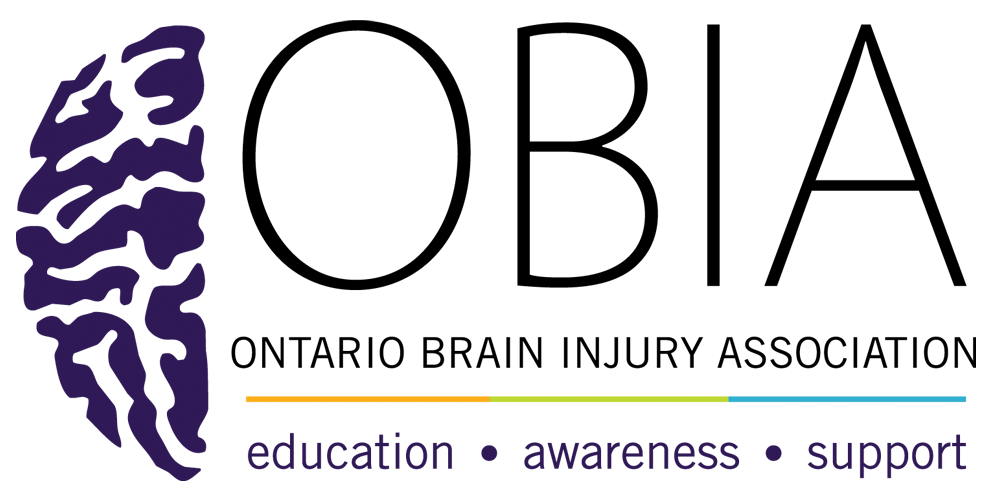Quick Facts
- The ability to initiate activities and see them through to completion is an important skill for everyday life
- Initiation & motivation are considered executive functions regulated by the frontal lobes
- Adynamia is the term used to describe the lack of motivation. It is very common after brain injury and is not the same as laziness
- Initiation is an important part of motivation; you need to get started in order to complete a task
What does it
look like?
- Difficulty getting started with a task or activity
- May have difficulty following through once an activity is started
- Does not always mean the person feels unmotivated; he/she may talk about their plans and know what they want to do, yet they don’t know how to start the activity
Possible Causes and Complications
Possible causes:
- Often due to injury of frontal lobe
- Adynamia can be confused with other aspects of ABI such as fatigue and depression
Possible complications:
- Difficulties with motivation can make an impact on aspects of recovery such as rehabilitation, learning coping skills, social functioning and a return to work/study
- Social isolation because individuals may not have the motivation to go out or call a friend
What can we do?
- Structure and routine will help with individuals complete activities
- Use prompts to start and continue activities (e.g. alarm clocks, mobile phones, and visual reminders)
- Find activities that are interesting and will increase motivation and interest
- Engaging in the activity with the person may help them get started and keep them involved
- Break tasks down; smaller steps and checklists can make the task seem less overwhelming
- Structure and remove clutter from the environment
- Schedule events with built-in rest periods, create task lists, and keep the environment free of distractions
- Encourage a healthy lifestyle that includes sleep, regular exercise, avoiding/limiting alcohol, maintaining a healthy diet, and maintaining social contact
Disclaimer: This information is not meant to replace advice from a medical doctor. Consult a health care provider regarding specific medical concerns or treatment.

